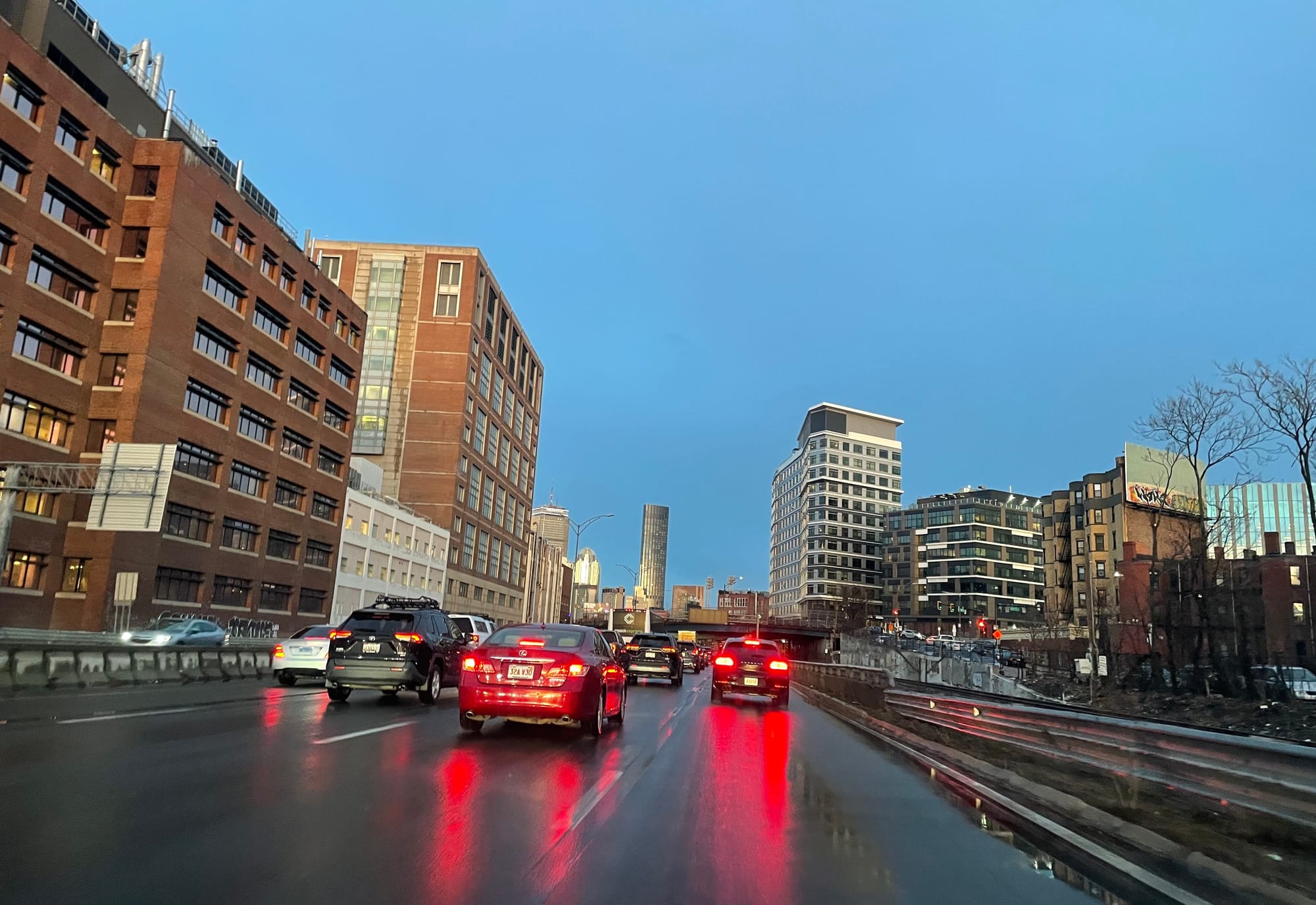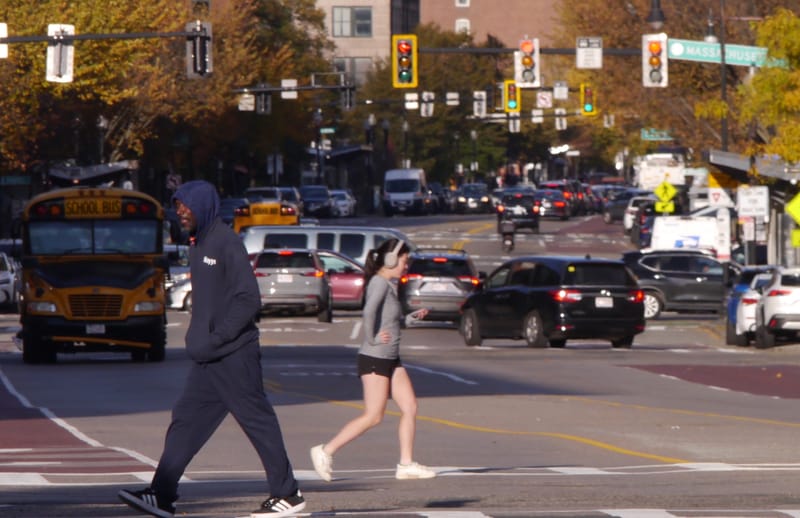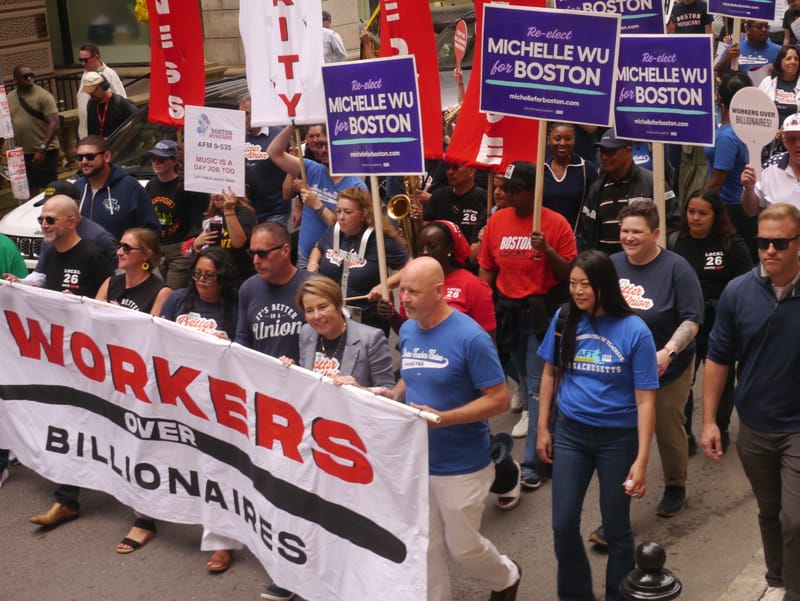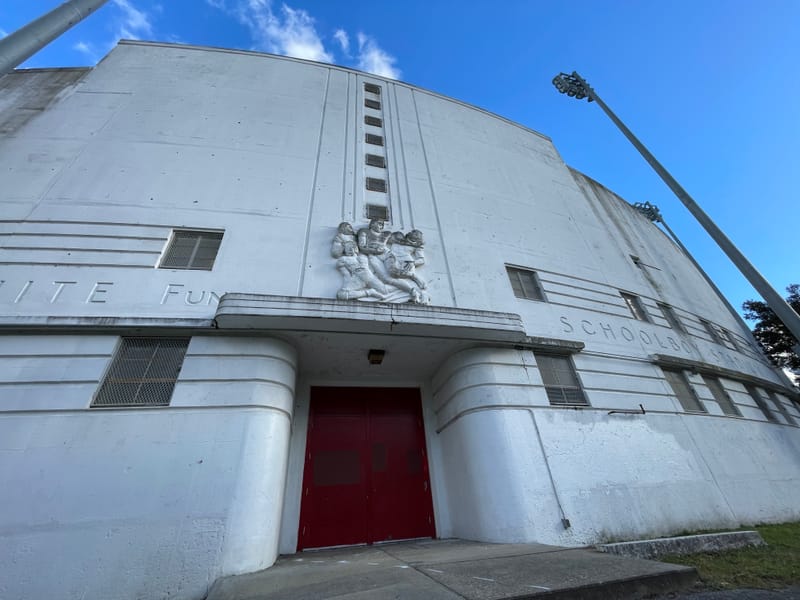Bills take aim at zip code-based auto insurance rates
For Massachusetts residents, the zip code in which one lives matters when it comes to auto insurance premiums.
By Nicole Abrams
For Massachusetts residents, the zip code in which one lives matters when it comes to auto insurance premiums.
During a hearing that was held by the Joint Committee on Financial Services last month to look into automobile insurance, a few bills were presented that looked into what some lawmakers say is unjust auto insurance premium pricing.
Senate bill 820 and House bill 1263 were presented to the committee by State Senator Pavel Payano and State Representative Rita Mendes. These bills aim to change the formula for territorial loss cost that insurance companies use from 100% to 75% for territorial loss cost and 25% for the average state-wide loss cost. Payano and Mendes are members of the Massachusetts Black and Latino Legislative Caucus, which has made auto insurance reform a priority.
During the May hearing, Payano explained that this shift would ensure more equitable auto insurance prices for Massachusetts residents.
“Right now in Massachusetts, residents living in urban and diverse communities are being forced to pay substantially more than their suburban counterparts in auto insurance,” said Payano.
Payano explained in an interview that with increased costs of living, unequitable insurance premiums are putting a strain on working class people.
“A lot of people are driving an hour plus to go to work,” said Payano. “So that means that having a car is turning to be a little bit more mandatory than what it was 30, 40 years ago. And I think we gotta shift with the times.”
Michael DeLong, a research and advocacy associate with the Consumer Federation of America, voiced his support for Senate bill 820 at the hearing.
“We’ve heard stories of drivers struggling to pay their premiums, even driving without coverage ’cause they can’t afford it, which drives up costs for everyone,” DeLong said to the committee.
In a 2024 analysis, Mass Live found that drivers in Newton, an affluent suburb, paid an average of $133 a month for full premium coverage while drivers in the working class city of Revere paid an average of $229. The median household income in Newton was $184,989 in 2023 while the median household income in Revere was $81,121.
Chris Stark, the Executive Director of the Mass Insurance Federation, expressed the federation’s opposition to House bill 1263 and Senate bill 820.
Stark explained in his testimony that the database on accidents by the Massachusetts Department of Transportation showed that the highest accident-prone areas highly correlate to the cost of the auto insurance policy in those areas.
In DeLong’s testimony, he described the findings from the research done by the Consumer Federation of America, which showed that predominantly Black and Latino communities were paying a lot more in auto insurance premiums than people in predominantly white communities.
DeLong explained in an interview that insurance has a long racist history that leads auto insurance companies to charge people more based on things like their education level and zip code.
“Those penalties add up, and they disproportionately tend to affect Black and Hispanic consumers,” said DeLong.
One other bill that was brought before the committee by state Representatives Joan Meschino and Mary Keefe was House bill 1219, which seeks to raise the minimum of a surchargeable incident from $1,000 of damage to $5,000. It also seeks to raise the threshold of a major accident from a minimum of $5,000 to $7,500. Under the current formula, an accident resulting in $1,000 in damage can add two points to a driver’s insurance, resulting in hundreds of dollars in additional premium costs over a five-year period.
Keefe explained to the committee that she became interested in this issue from her own personal experience when she damaged her car after coming in contact with a boulder.
The accident ended up costing more than she wanted to pay out of pocket, so she went through her insurance company and got a surcharge.
“Now, all parts are interconnected,” said Keefe in an interview with The Flipside, “so you can't just deal with a fender or a bumper because of the way that the parts are made and what they’re made of.”
Keefe and Meschino said that the cost of cars has gone up over the years because of the materials that are used and the labor that goes into making them.
At the committee hearing, Keefe explained to the committee members that the $1,000 minimum has not been raised since 2015.
Meschino explained that she has filed this bill for the past three sessions and it has been difficult to change established insurance policies that involve insurance rates, assessing drivers, and surcharges.
Last year, both Meschino and Keefe were able to speak with the Division of Insurance and they appeared to be interested in the changes that they were proposing.
“It's a very complicated system, and we should be thoughtful about any changes we make to it,” said Meschino.
Stark expressed his opposition to H.1219 as well, saying, “We have significant concerns with taking away a serious deterrent that is insurance rates.”
Meschino explained that the purpose of the surcharge is to create safe driving, but “the context has changed so dramatically, it’s now a surcharge for everybody.”
“That's not what the purpose is,” said Meschino. “And that's just about paying more money to an insurance company out of working person's pockets.”






